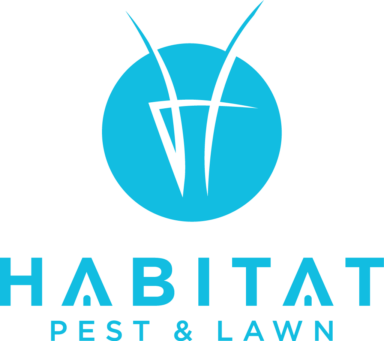Centipedes are common in many homes, and Boise is no exception. These multi-legged pests are usually more of a nuisance than a threat, but their presence can indicate other pest issues. Here’s what you need to know about centipedes in Boise and how to manage them:
Understanding Centipedes
- Habitat: Centipedes thrive in moist environments. They are often found in basements, bathrooms, and other damp areas of the home. Outdoors, they live under rocks, logs, and leaf litter.
- Diet: Centipedes are carnivorous and feed on insects and other small arthropods. Their presence can indicate a larger pest problem since they hunt other insects.
- Behavior: Centipedes are nocturnal and prefer to stay hidden during the day. They are fast-moving and can be difficult to spot, often staying out of sight until disturbed.
Why Centipedes are Common in Boise
- Climate: Boise’s climate, with its seasonal moisture and relatively mild winters, provides an ideal environment for centipedes. The moist conditions during spring and fall are particularly conducive to their activity.
- Housing Conditions: Homes with high humidity levels, leaky pipes, or poor ventilation create perfect conditions for centipedes. They seek out these environments to stay hydrated and hunt for food.
- Other Pests: Since centipedes feed on insects, a home with a pest problem is likely to attract centipedes as well. Their presence can be a sign that you have other pests in your home.
Identifying a Centipede Infestation
- Sightings: The most obvious sign is seeing centipedes in your home, particularly in damp areas.
- Increased Pest Activity: An increase in other pest activity can indicate that centipedes may follow.
- Moisture Problems: Persistent dampness or moisture problems can attract centipedes.
Preventing and Managing Centipedes
- Reduce Moisture: Use dehumidifiers and fix any leaks to reduce moisture levels in your home. Ensure proper ventilation in damp areas like basements and bathrooms.
- Seal Entry Points: Inspect your home for cracks, gaps, and other entry points. Seal these to prevent centipedes from getting inside.
- Pest Control: Manage other pests in your home to reduce the food source for centipedes. Regular pest control measures can help keep the overall insect population down.
- Regular Cleaning: Keep your home clean and free of clutter. Regularly vacuum and dust to remove potential hiding spots for centipedes.
- Outdoor Maintenance: Maintain your yard by removing leaf litter, rocks, and logs where centipedes might live. Keep the area around your home dry and well-ventilated.
Professional Help
For persistent centipede problems, consider hiring a professional pest control service. Experts can provide thorough inspections, targeted treatments, and long-term prevention strategies to keep centipedes at bay.
Choosing the Right Pest Control Service:
- Experience and Reputation: Look for a company with a strong track record and positive reviews.
- Certification and Licensing: Ensure the company is certified and licensed in Idaho.
- Comprehensive Services: Opt for a service that offers integrated pest management and addresses multiple pest issues.
Centipedes are a common problem in Boise due to the local climate and housing conditions. While they are generally harmless, their presence can indicate other pest issues. By managing moisture levels, sealing entry points, and controlling other pests, you can reduce the likelihood of centipede infestations. For ongoing or severe problems, professional pest control services can provide effective and long-term solutions to keep your home centipede-free.

